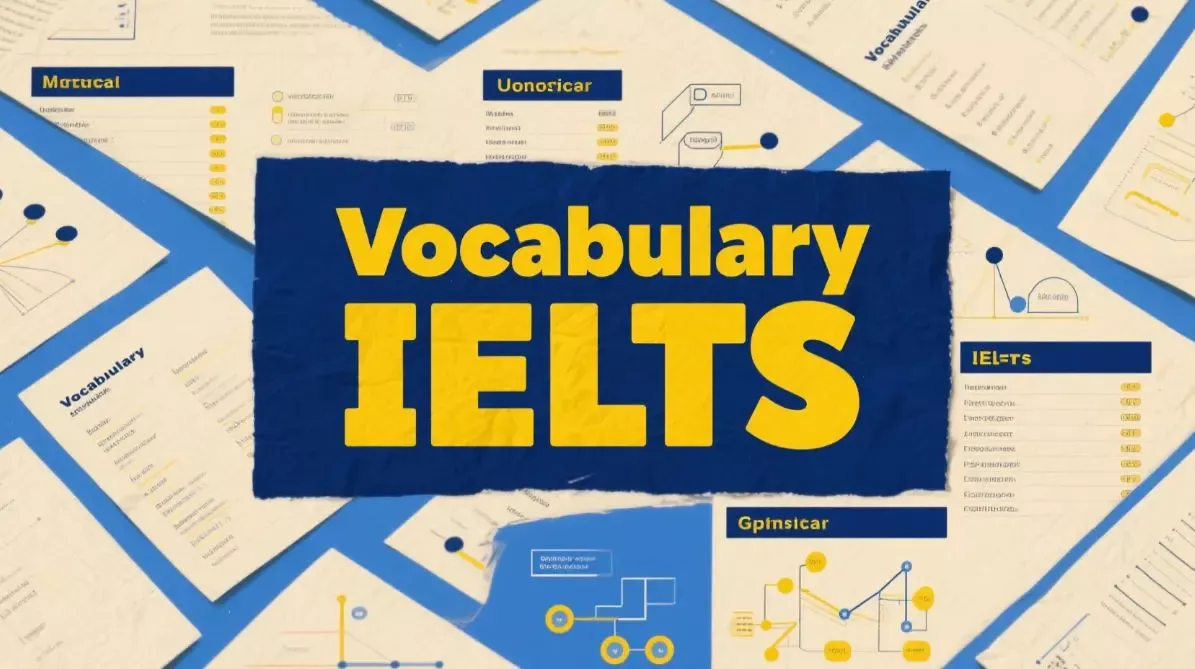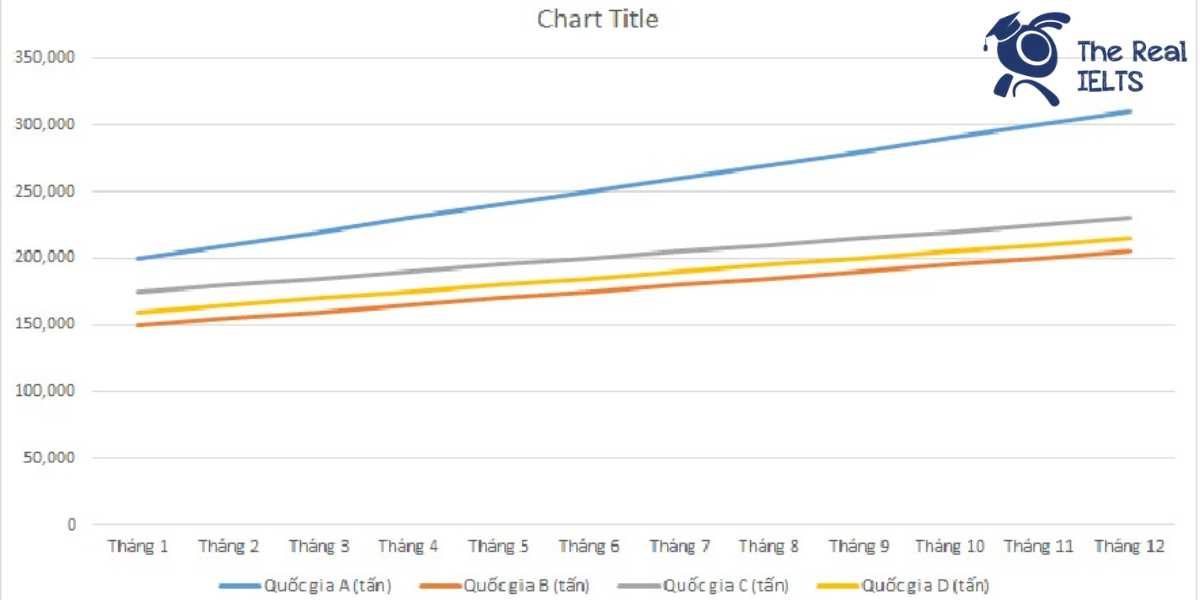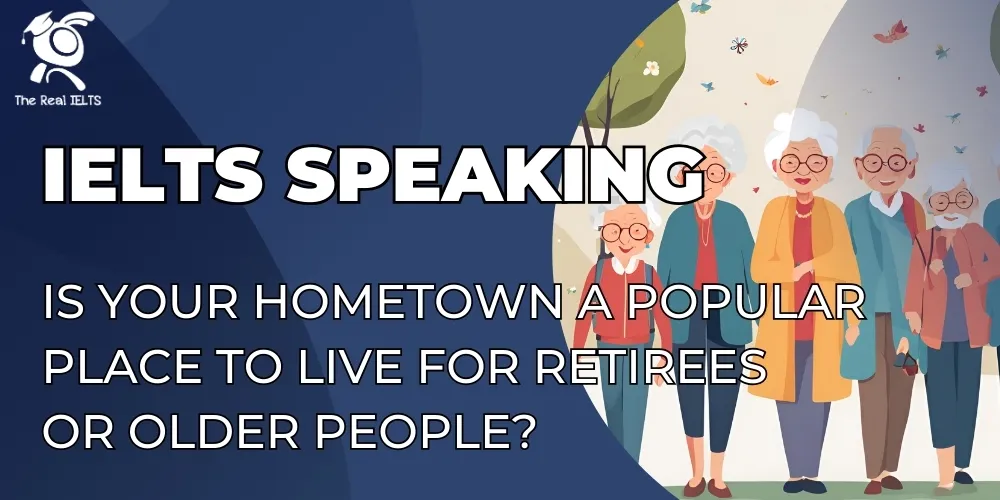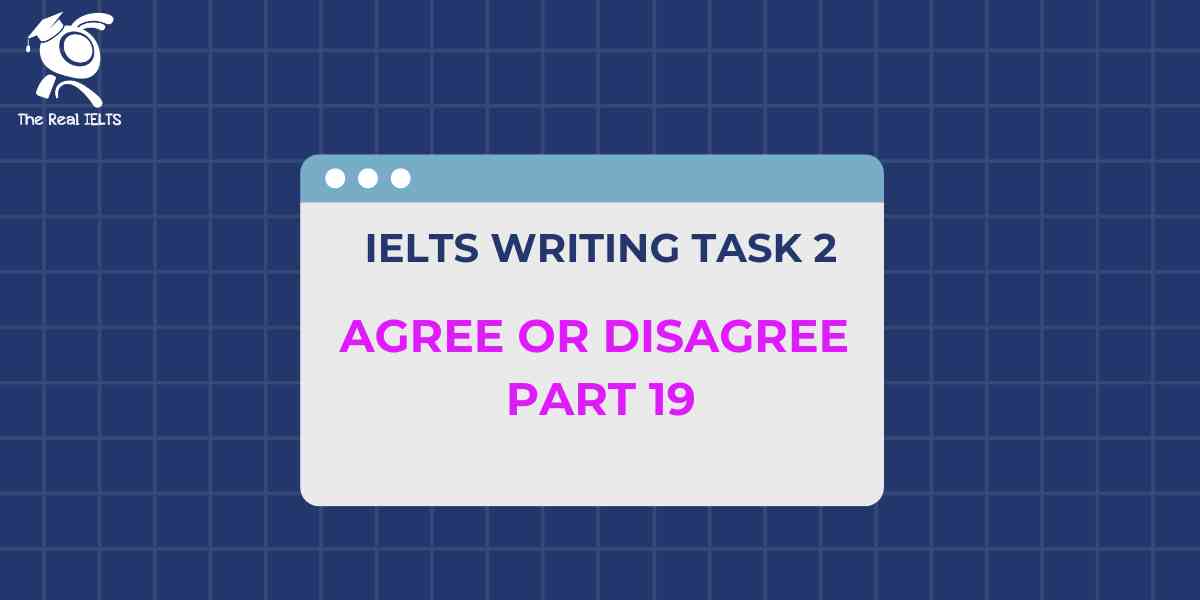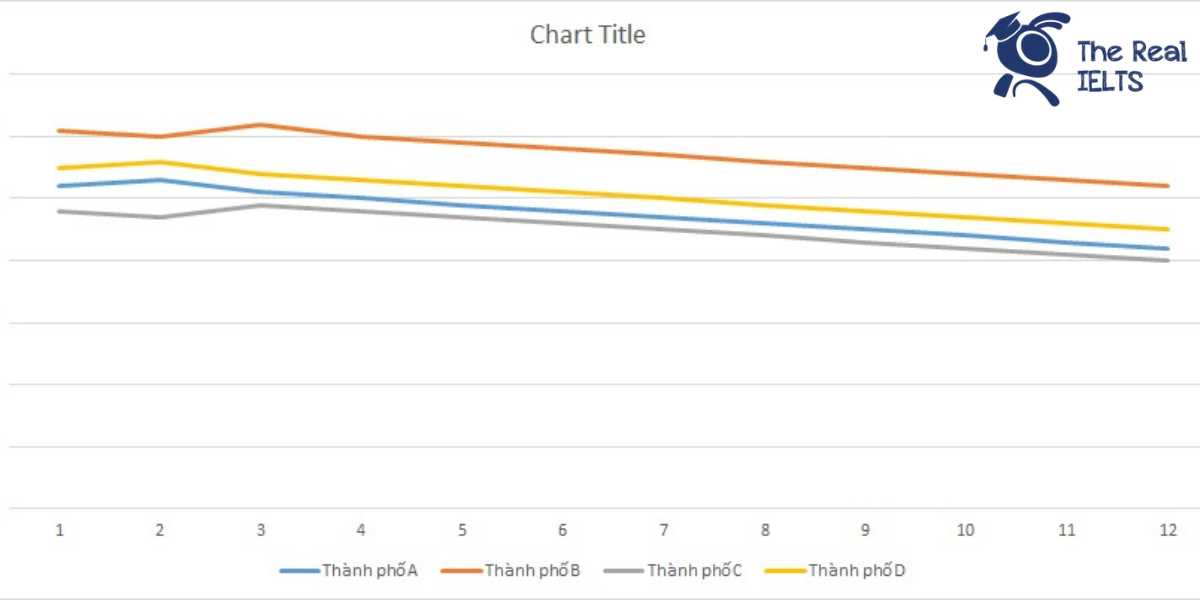Đề bài IELTS Writing task 2 dạng 2-Part gap years
You should spend about 40 minutes on this task
More people are choosing to take gap years before starting university or work. What are the reasons for this? How can people research this?
Write at least 250 words.
Bài mẫu IELTS Writing Task 2 dạng 2-Part
In recent years, taking a gap year before starting university or work has become increasingly popular among young people. This essay will explore the reasons behind this trend, discuss methods for researching this decision, and express a partially supportive stance toward the practice.
One major reason why individuals choose to take gap years is the desire for personal growth and development. Many young people feel that after years of academic study, they need time to explore themselves, gain new experiences, and develop life skills. For example, some may travel abroad, engage in volunteer work, or pursue hobbies that were previously sidelined due to academic commitments. This period allows them to return to their studies or jobs with a renewed sense of purpose and clarity regarding their goals.
Another reason is career preparation. During a gap year, individuals have the opportunity to gain work experience or internships in industries related to their desired career paths. This hands-on experience can be invaluable, as it provides them with practical insights and makes them more competitive candidates in the job market. Additionally, a gap year can offer a break for those who feel mentally burnt out, allowing them to recharge before diving into the next phase of their lives.
To research whether taking a gap year is the right choice, people can start by gathering information from a variety of sources. First, they can consult online forums, blogs, and websites where others share their gap year experiences. This can provide real-life insights into both the benefits and challenges of taking time off. Secondly, attending career counseling sessions or speaking with academic advisors can help individuals weigh the pros and cons specific to their situations. Moreover, reaching out to professionals who have taken gap years can offer perspective on how such a break impacted their careers and personal lives.
While the benefits of gap years are evident, it is essential to acknowledge potential downsides. Some may struggle with readjusting to academic or professional environments after a prolonged break. Additionally, without proper planning, a gap year could turn into a period of idleness rather than productive self-discovery or skill acquisition.
In conclusion, while there are valid reasons for taking a gap year, such as personal development and career preparation, careful research and planning are crucial. By thoroughly considering their goals and gathering information, individuals can make an informed decision. Although I agree that gap years can be beneficial, they are not suitable for everyone, and the decision should be based on a person’s individual circumstances and long-term aspirations.
Thống kê cấu trúc câu và cấu trúc ngữ pháp
Cấu trúc câu và cấu trúc ngữ pháp được sử dụng trong bài:
- Cấu trúc câu:
- Câu phức (Complex sentences):
- “This essay will explore the reasons behind this trend, discuss methods for researching this decision, and express a partially supportive stance toward the practice.”
- “One major reason why individuals choose to take gap years is the desire for personal growth and development.”
- “For example, some may travel abroad, engage in volunteer work, or pursue hobbies that were previously sidelined due to academic commitments.”
- Câu ghép (Compound sentences):
- “This hands-on experience can be invaluable, as it provides them with practical insights and makes them more competitive candidates in the job market.”
- “While the benefits of gap years are evident, it is essential to acknowledge potential downsides.”
- Câu điều kiện (Conditional sentences):
- “To research whether taking a gap year is the right choice, people can start by gathering information from a variety of sources.”
- Câu chủ động (Active sentences):
- “Many young people feel that after years of academic study, they need time to explore themselves, gain new experiences, and develop life skills.”
- “They can consult online forums, blogs, and websites where others share their gap year experiences.”
- Câu bị động (Passive sentences):
- “Some may struggle with readjusting to academic or professional environments after a prolonged break.”
- Câu phức (Complex sentences):
- Cấu trúc ngữ pháp:
- Mệnh đề quan hệ (Relative clauses):
- “For example, some may travel abroad, engage in volunteer work, or pursue hobbies that were previously sidelined due to academic commitments.”
- Cụm danh từ (Noun phrases):
- “A renewed sense of purpose and clarity regarding their goals.”
- Cụm động từ (Verb phrases):
- “Taking a gap year before starting university or work.”
- Câu sử dụng mệnh đề trạng ngữ (Adverbial clauses):
- “While there are valid reasons for taking a gap year, such as personal development and career preparation, careful research and planning are crucial.”
- Câu sử dụng mệnh đề bổ ngữ (Complement clauses):
- “This hands-on experience can be invaluable, as it provides them with practical insights and makes them more competitive candidates in the job market.”
- Mệnh đề quan hệ (Relative clauses):
Các từ kết nối các câu và đoạn văn (Linking words and phrases):
- Để mở đầu các đoạn văn:
- In recent years – Dùng để giới thiệu chủ đề.
- One major reason why – Dùng để bắt đầu liệt kê lý do.
- Another reason is – Liệt kê thêm lý do khác.
- To research whether – Dùng để giới thiệu phương pháp nghiên cứu.
- In conclusion – Kết luận.
- Để kết nối các ý trong câu:
- For example – Đưa ra ví dụ.
- Additionally – Thêm ý bổ sung.
- Moreover – Thêm ý liên quan, bổ trợ.
- While – Diễn tả sự tương phản.
- Such as – Đưa ra ví dụ cụ thể.
- However – Thể hiện sự đối lập hoặc trái ngược.
- Để liên kết các ý trong đoạn văn:
- As – Nối mệnh đề với lý do.
- Although – Mở đầu mệnh đề nhượng bộ.
- First – Dùng để liệt kê ý đầu tiên.
- Secondly – Dùng để liệt kê ý thứ hai.
Các từ vựng tiếng Anh cần lưu ý trong bài viết
- Gap year – Năm nghỉ giữa chừng (thường là nghỉ giữa cấp ba và đại học hoặc nghỉ giữa đại học và công việc).
- Personal growth – Sự phát triển cá nhân.
- Development – Sự phát triển.
- Gain new experiences – Có thêm trải nghiệm mới.
- Life skills – Kỹ năng sống.
- Purpose – Mục đích.
- Clarity – Sự rõ ràng.
- Career preparation – Sự chuẩn bị nghề nghiệp.
- Work experience – Kinh nghiệm làm việc.
- Internships – Các kỳ thực tập.
- Practical insights – Những hiểu biết thực tiễn.
- Competitive candidates – Những ứng viên cạnh tranh.
- Mentally burnt out – Bị kiệt sức về mặt tinh thần.
- Recharge – Phục hồi năng lượng.
- Research – Nghiên cứu.
- Online forums – Các diễn đàn trực tuyến.
- Real-life insights – Những hiểu biết từ thực tế.
- Career counseling sessions – Các buổi tư vấn nghề nghiệp.
- Pros and cons – Ưu và nhược điểm.
- Perspective – Quan điểm, góc nhìn.
- Downsides – Mặt trái, hạn chế.
- Readjusting – Tái thích nghi.
- Academic or professional environments – Môi trường học thuật hoặc chuyên nghiệp.
- Prolonged break – Kỳ nghỉ kéo dài.
- Productive self-discovery – Sự khám phá bản thân hiệu quả.
- Skill acquisition – Sự tiếp thu kỹ năng.
- Careful research and planning – Sự nghiên cứu và lên kế hoạch cẩn thận.
- Informed decision – Quyết định có cân nhắc.
- Circumstances – Hoàn cảnh.
- Long-term aspirations – Những nguyện vọng lâu dài.
Đọc thêm về bài viết gợi ý luyện thi IELTS.



